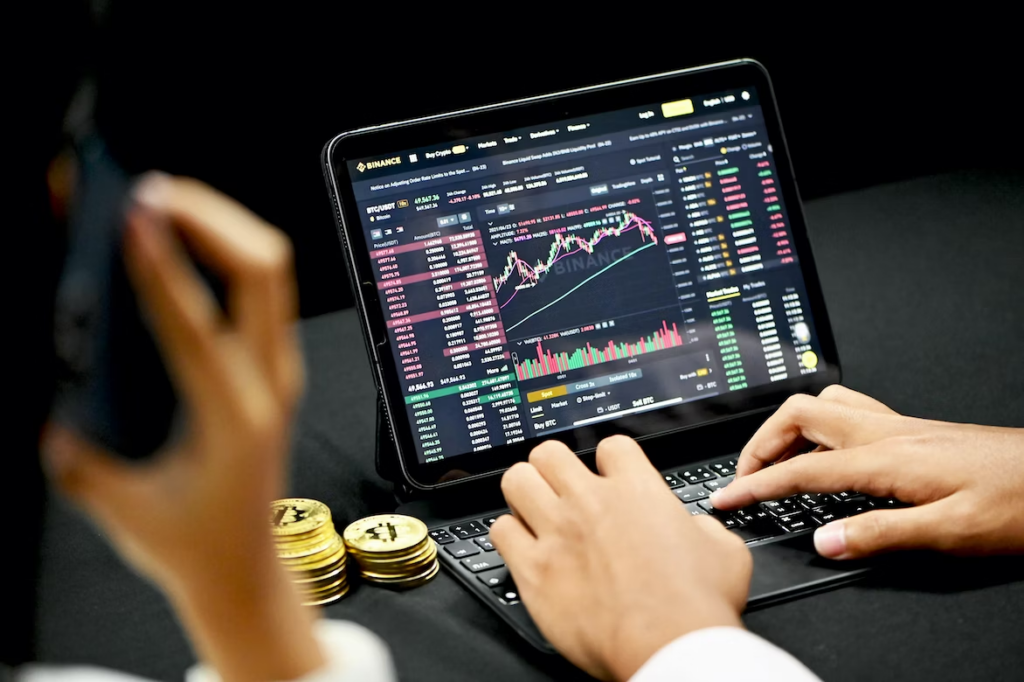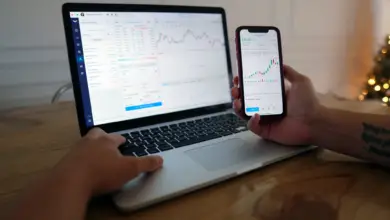Maximizing Your Trading Profits: How to Select the Right Broker for You

Trading in the financial markets offers great potential for success, but to make it happen you need access to the right tools and resources. One of the most important decisions a trader can make is choosing the right broker. A broker is an intermediary between the trader and the financial markets, and finding the right one can be a daunting task. In this article, we will discuss the key factors to consider when choosing a broker for your trading needs.
Regulation and Security
The first and most important factor to consider when choosing a broker is regulation and security. A reputable broker should be licensed and regulated by a respected regulatory authority, such as the Financial Conduct Authority (FCA) in the UK or the Securities and Exchange Commission (SEC) in the US. You should check QxBroker com review and other information before picking a platform to trade.
Regulation ensures that the platform operates in a fair and transparent manner and that client funds are protected. A regulated broker will also have security measures in place to protect your personal information and account from cyber threats.
Trading Platform
The platform is the software that allows you to access the financial markets and place trades. A good platform should be user-friendly, reliable, and offer a wide range of tools and features to help you analyze the markets and make informed trading decisions. It should also be available on multiple devices, such as desktop, mobile, and tablet, to allow you to trade on the go.
Trading Costs
Costs can have a significant impact on your profitability, so it is important to choose a broker with competitive fees and commissions. The main costs to consider are spreads, which are the difference between the bid and ask price, and commissions, which are charged on each trade. Some brokers may also charge fees for deposits and withdrawals or inactivity fees if you do not trade for a certain period.
Asset Classes and Instruments
The financial markets offer a wide range of asset classes and instruments to trade, including stocks, bonds, forex, commodities, and cryptocurrencies. Some brokers specialize in certain asset classes, so it is essential to select one that offers the instruments you are interested in. Additionally, you should consider the range of instruments within each asset class, such as the number of currency pairs available in forex or the variety of stocks available in equities.

Customer Support
Good customer support is essential when trading the financial markets, as you may encounter technical issues or have questions about your account or trades. A good broker should offer multiple channels of customer support, such as phone, email, and live chat, and should have knowledgeable and responsive support staff available 24/7.
Account Types
Brokers may offer different account types to suit different trading needs and levels of experience. For example, a beginner trader may prefer a demo account to practice trading with virtual funds, while an experienced trader may prefer a professional account with higher leverage and lower trading costs.
| Homepage | Click Hear |



